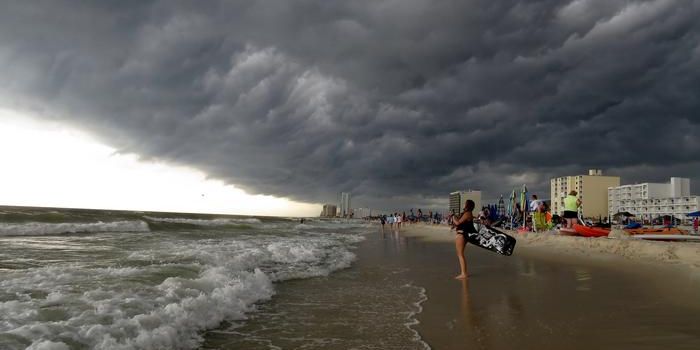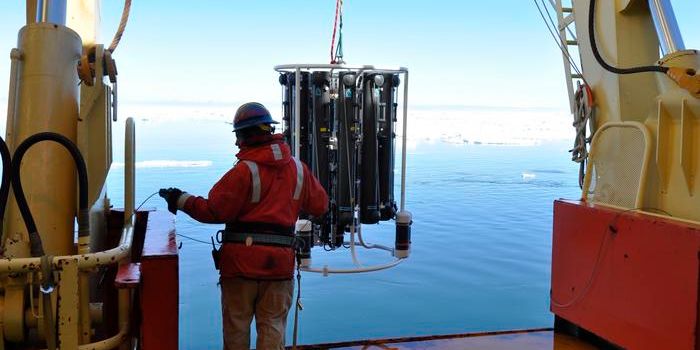Littered Cigarette Butts are Harmful to Plants
What do you think of when you hear the words, "plastic pollution"? Beverage bottles, straws, and packaging are probably just a few items that come to mind. However, cigarette butts are one of the most prevalent forms of plastic pollution on Earth, with approximately 4.5 trillion butts littered every year. In addition to the assortment of chemicals contained in a single cigarette butt, the cellulose acetate fiber filter poses a severe risk to the environment.
In a first-of-its-kind study, researchers from Anglia Ruskin University in Cambridge, England performed a series of experiments to determine how discarded cigarette butts may impact plant growth. They used both regular and menthol unsmoked, smoked, or partially smoked cigarettes. The plants they chose are common in both urban and agricultural areas: ryegrass and white clover. They added the cigarette butts to pots with each plant and monitored how the plants' development was impacted. Additionally, researchers counted cigarette butts around Cambridge and found areas with up to 128 discarded butts per square meter (with an average of 2.6 discarded butts per square meter).
Their study determined that the presence of any type of cigarette butt—regular or menthol, smoked or unsmoked—in soil reduced white clover germination success by 27% and stem length by 28%. Overall root biomass reduced by 57%. Ryegrass was also negatively impacted with a 10% reduction in germination success and 13% reduction in stem length. The filters caused an increased in chlorophyll-a in clover stems and chlorophyll-b in grass stems.
In a statement from ARU, lead author Dr. Dannielle Green said, "Many smokers think cigarette butts quickly biodegrade and therefore don't really consider them as litter. In reality, the filter is made out of a type of bioplastic that can take years, if not decades, to break down."
Dr. Green and her research team encourage more research on this topic, and in the meantime, raising social awareness about cigarette filter litter is a vital first step. She'd like to see cigarette butt littering become as socially unacceptable as all other forms of littering. She said, "We need to raise awareness that the filters do not disappear and instead can cause serious damage to the environment."









